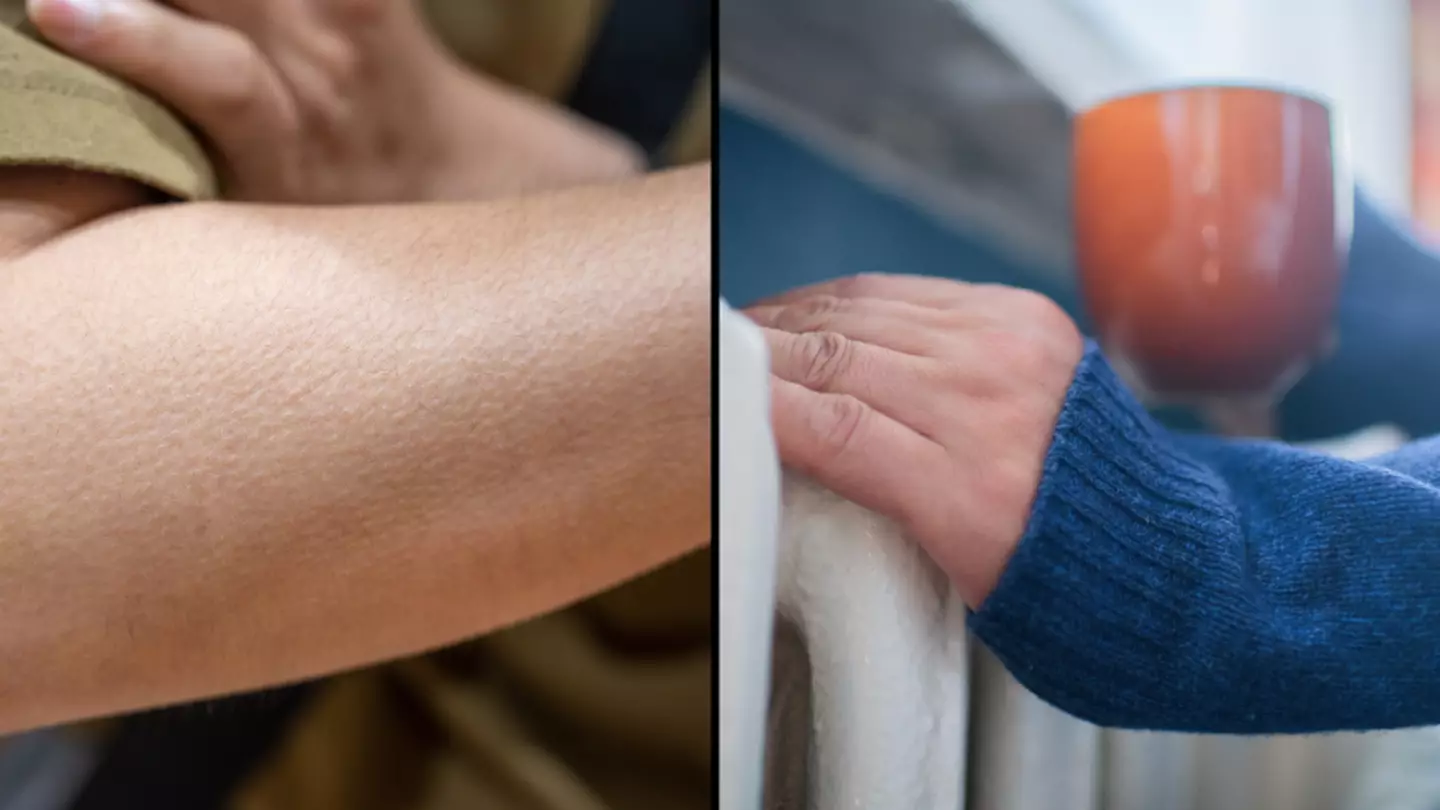
As you may have noticed, it’s a bit cold in the UK at that minute - alright, that’s putting it mildly, it’s bloody freezing.
While large parts of the UK have been hit with snow and weather warnings still in place for some areas, it’s normal to be feeling the chill - but sometimes shivering and being cold can be a sign of something more serious.
Humans are all unique and this means that we’ll likely have different tolerances to cold - and heat - but other things can also impact our tolerance to heat.
Anaemia - most commonly caused by an iron deficiency - can make you feel the cold more than usual.
Advert
Anaemia occurs when there aren't enough healthy red blood cells to carry oxygen to your organs. As a result of this, it can be common to feel cold.
People with anaemia may also experience tiredness and a lack of energy, shortness of breath and pale skin.
Another cause is hypothyroidism - another term for an under-active thyroid gland.

Hypothyroidism can slow down the metabolism, which leads to a drop in your core body temperature, meaning some people who have the condition may feel cold all the time or a lower tolerance to being cold.
Advert
Other symptoms to look out for include, weight gain, tiredness and fatigue, depression, aching muscles and dry skin and hair.
Fibromyalgia is another condition that can give you an intolerance to the cold.
The long-term condition has numerous symptoms that can differ from person to person, but can include feeling too cold, or too hot, due to an inability to regulate your body temperature.
Other symptoms of fibromyalgia include widespread pain and an extreme sensitivity to pain, stiffness, fatigue and poor sleep quality and headaches.

Advert
And if it’s just your hands and feet that are cold you could be experiencing Raynaud's, when your blood stops flowing properly to your fingers and toes.
On the plus side, this condition is fairly common and isn’t usually anything to worry about.
You’re more likely to see it when you're cold, anxious or stressed and it could be accompanied by pain, numbness or pins and needles.
Now, to quickly caveat this before I scare you all too much, feeling cold when the weather is cold is perfectly normal and it’s rarely a sign of anything too concerning, but if you do have any of the other symptoms as well, or you’re feeling very cold when there’s no real cause, it’s probably a good idea to get yourself checked out by your GP or give 111 a call for more advice.